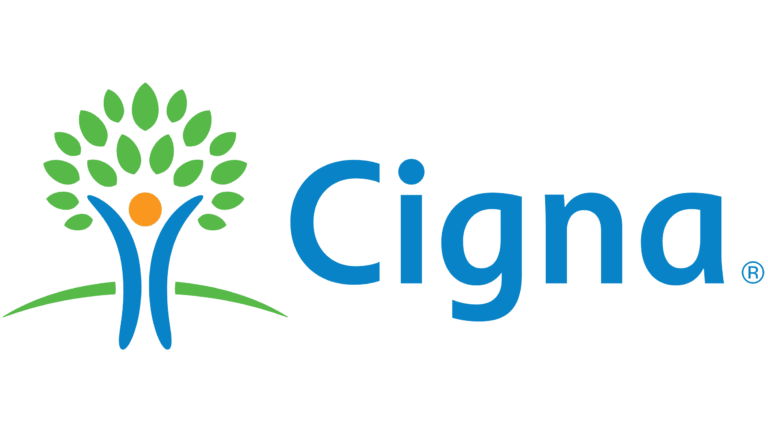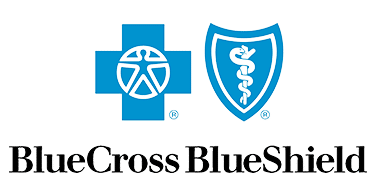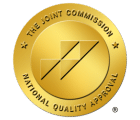Inpatient vs Outpatient Rehab: Key Differences Explained
Navigating the world of rehabilitation options can be a complex journey, particularly when deciding between inpatient and outpatient rehab. This decision is paramount, as the right setting can significantly influence the effectiveness of treatment and the path to recovery. Understanding the difference between inpatient and outpatient rehab is crucial for making an informed choice. Both modalities offer distinct approaches to treatment, support, and resources tailored to meet individual needs and circumstances. Identifying the key distinctions and how they align with your recovery goals is the first step toward a successful healing process.
This article will highlight the critical differences between the two and guide you toward choosing the right rehab program. By exploring each option’s unique benefits and considerations, you’ll better understand which rehabilitation setting may best fit your situation. Whether you’re seeking an intensive, structured environment or a flexible program that allows you to maintain daily responsibilities, this guide aims to equip you with the knowledge needed to make a confident decision in your recovery journey.
What Is Inpatient Rehab?
Definition and Overview
Inpatient rehab requires you to stay at a facility throughout your treatment. This type of care is designed for individuals needing intensive, structured support to combat addiction. It typically includes a medically assisted detox phase followed by comprehensive addiction treatment.
Key Features and Services
Inpatient rehab offers round-the-clock medical and emotional support within a controlled environment. The services often include:
- 24/7 Medical Supervision: Immediate access to medical professionals ensures safety during detox and recovery.
- Structured Programs: Daily schedules with therapy sessions, activities, and support groups help maintain focus and structure.
- Limited Outside Interaction: By staying within the facility, distractions and triggers are minimized, significantly reducing the risk of relapse.
Pros and Cons
Pros:
- Provides a stable, controlled environment conducive to recovery.
- Intensive support from medical staff and counselors.
- Comprehensive care that addresses both physical and psychological aspects of addiction.
Cons:
- Higher cost compared to outpatient options.
- Restrictive nature may interfere with personal responsibilities like work or family.
- Transitioning to everyday life can be challenging without proper support systems.
Inpatient rehab is particularly beneficial if you require a focused setting to address your addiction issues effectively.
What Is Outpatient Rehab?
Definition and Overview
Outpatient rehab is a flexible treatment option that allows you to receive therapy and support while living at home. Unlike inpatient rehab, where you reside at the facility, outpatient programs enable you to maintain your daily responsibilities like work or school. This type of rehab typically involves visiting a treatment center for sessions during the day and returning home in the evenings.
Key Features and Services
Outpatient rehab offers various services tailored to support your recovery while integrating into your everyday life. Key features include:
- Flexible Scheduling: Programs are designed to accommodate your personal and professional life.
- Variety of Therapeutic Interventions: These may include individual counseling, group therapy, and family sessions.
- Continued Support: Many programs provide ongoing support as you transition through different recovery phases, adjusting the level of care as needed.
Pros and Cons
Pros:
- It is more affordable and often covered by insurance.
- It allows you to maintain employment and family relationships.
- Provides treatment flexibility and personal autonomy.
Cons:
- Less intensive support might affect those needing structured care.
- There is a higher risk of encountering daily stressors and temptations.
- Limited medical support during detox phases.
Understanding these aspects of outpatient rehab can help you decide if it aligns with your recovery needs and personal circumstances.
Key Differences Between Inpatient and Outpatient Rehab
Living Arrangements
Inpatient rehab requires you to reside at the facility, providing a controlled environment that minimizes exposure to triggers. This setting offers the stability needed for intense recovery phases. Conversely, outpatient rehab allows you to live at home or in a sober living environment, maintaining your usual daily life while attending treatment sessions.
Intensity of Care
Inpatient programs offer round-the-clock medical and psychological support, making them suitable for those with severe addictions or dual diagnosis needs. Outpatient care, while still effective, involves fewer hours of treatment per week, allowing for a less disruptive approach to therapy and recovery.
Flexibility and Daily Life
Outpatient rehab provides significant flexibility, enabling you to continue working or attending school while receiving treatment. This contrasts with inpatient rehab, which requires a full-time commitment to the program, often necessitating a leave of absence from daily responsibilities.
Cost Considerations
Generally, inpatient rehab is more costly due to the comprehensive care and accommodation provided. Outpatient programs are less expensive, primarily because they do not include housing costs and offer fewer direct healthcare services.
Success Rates
Inpatient rehab typically has higher success rates for those with more severe cases due to the structured and immersive nature of the program. Outpatient treatment can also be effective, especially as a step-down process after inpatient care or for those with robust support systems at home.
Choosing the Right Rehab Program for You
Factors to Consider
When selecting a rehab program, it’s essential to consider the specific needs related to your or your loved ones’ addiction and any co-occurring disorders. Investigate whether potential facilities specialize in the type of addiction and any simultaneous mental health issues. Check for the necessary accreditations and licenses that ensure the facility meets established standards for care quality.
Personalized Assessment
A thorough pre-assessment is crucial. This step involves detailed evaluations of your physical and psychological state to tailor a treatment plan that addresses individual circumstances. This personalized approach helps in setting realistic recovery goals, choosing the right level of care, whether inpatient or outpatient and determining if additional services like detox are needed.
Consulting with Professionals
Seek guidance from experienced professionals who understand the complexities of addiction treatment. These may include medical doctors, therapists, or recovery coaches. They can provide valuable insights into different rehab programs and help you make informed decisions based on your condition and recovery goals. Remember, the right program should offer various evidence-based treatment options to adapt to your evolving needs during recovery.
Begin Your Path to Healing
By dissecting the intense, immersive nature of inpatient rehab against the flexible, integrated approach of outpatient rehab, we illuminate a roadmap tailored to support informed decisions in the labyrinth of addiction recovery options. This journey through the intricacies of each rehab type underscores the pivotal role of personal circumstances and the severity of addiction in steering this choice, reinforcing the essence of a personalized rehabilitation journey.
In closing, choosing the right rehab program boils down to a reflective assessment of one’s situation, alongside professional guidance to navigate these waters. The decision hinges on a profound understanding of one’s needs, resources, and the intricate dynamics of addiction itself. As we conclude, remember that the journey to recovery is profoundly personal and uniquely nuanced. Whether the path leads to the structured sanctuary of inpatient care or the flexible embrace of outpatient support, the goal remains unwavering: a steadfast march towards recovery, driven by the informed choices we make today.









